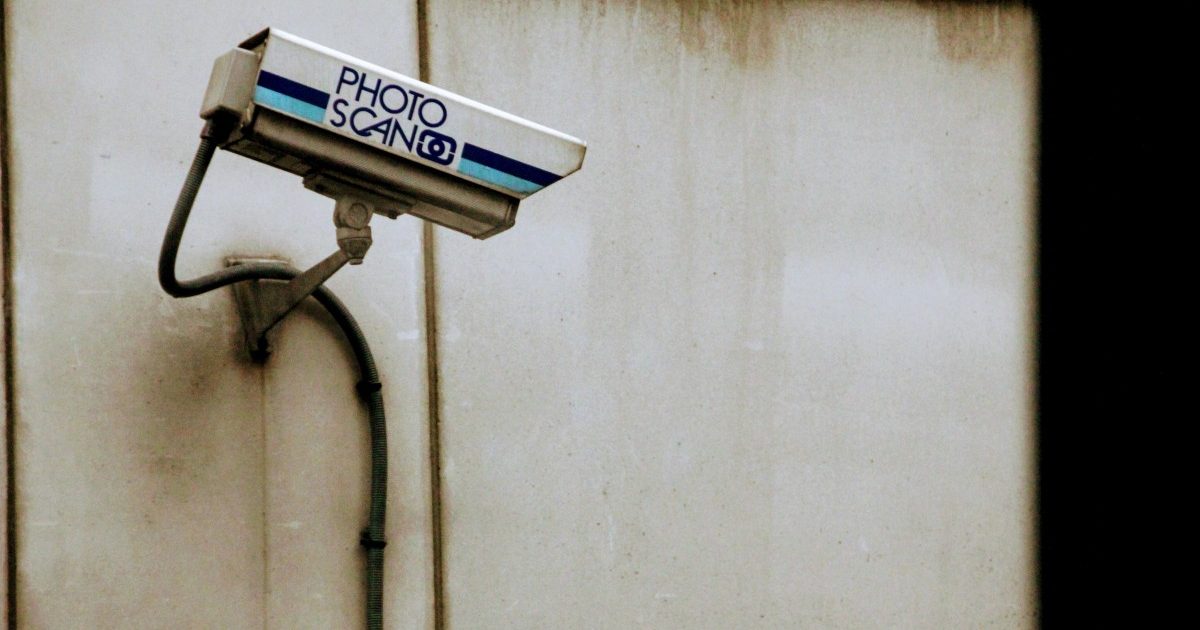
According to a Reason report, being near the scene of a crime in New York City is enough for the government to take people’s personal data without their knowledge.
Reason recounts an incident where the Proud Boys exchanged blows with Antifa activists in New York City’s Upper East Side. During that incident, people who happened to be in proximity of the event could have had their phone number and location taken by the Manhattan District Attorney’s office.
During a trial of several Proud Boys and Antifa members, Reason reports that “an investigator with the DA’s office testified that they had gotten what’s called a “reverse location” search warrant demanding that Google cough up location information on people who had Android phones or used Google Maps near the scene.”
It added that “This warrant included many people who have no connection to the case—the technological equivalent of doing a house-to-house search for evidence connected to a crime in that neighborhood.”
Apparently, New York was not the first city to adopt this technique.
At Slate, Aaron Mak reported earlier in February on the increasing number of police and prosecutors going to Google with warrants, pressing them to turn over data of suspects and people in the vicinity of a crime scene alike. Law enforcement agencies are collecting phone numbers and locations in masse. After that, they try to whittle down the information to likely suspects.
Mak highlights how powerful these types of searches are. He even contends that they go farther than the StingRay devices which police use to secretly trick phones by having them connect to these devices instead of cell phone towers. In turn, police can track location data.
Mak breaks down what these warrants entail:
They can retrieve much more reliable data from users of Android phones or certain Google apps. Google’s location-tracking functions are often more precise than those of cell towers for tools like Maps and even Gmail. Plus, the company collects tracking data from phones that aren’t connected to cell towers, such as those using GPS satellites or Wi-Fi. When police request location data from Google-connected devices, they’ve also been known to ask for more personal information, like browsing history and past purchases.
There are no reliable numbers on how frequently this practice is occurring. Mak explains that police in Raleigh, North Carolina, state investigators in Orange County, California, and police across Minnesota are currently using this technique.
Google has been in contact with Mak and they claim that they do not usually accept excessively broad data requests. They also demand warrants for their cooperation. Additionally, police justify their actions by claiming that they’re agreeing to keep the process anonymous until they narrow the data set to the actual suspects.
For privacy advocates, this practice simply goes too far. Albert Fox Cahn, the Executive Director of the Surveillance Technology Oversight Project at the Urban Justice Center, argues that this case embodies many privacy activists’ greatest fears:
When we sign up for Google, we shouldn’t be signing away our core constitutional rights. When law enforcement uses these sort of digital dragnets they often will get it wrong, and innocent people will be swept up in the mix.
Jerome Greco, a staff attorney in the Legal Aid Society’s Digital Forensics Unit, points out that these digital sweeps are capable of gathering the data of thousands of innocent cell phone users, above all, in densely populated cities such as New York.
Greco argued, “That’s like saying, we suspect that somebody hid a gun in an apartment in a building, so we’re going to search everybody in the building, even though we know only one apartment actually has this.”
Instead, he believes that law enforcement warrants should focus specifically on the suspects directly involved in a particular case.
On the other hand, Apple doesn’t track the location of their devices. Thus, they cannot provide this information to law enforcement agencies.
What these cases illustrate is how powerful certain tech companies have become. When they cooperate with ambitious governments, they’re capable of ushering in anti-freedom practices such as mass surveillance and dubious data collection practices that could violate the privacy rights of thousands of people.



